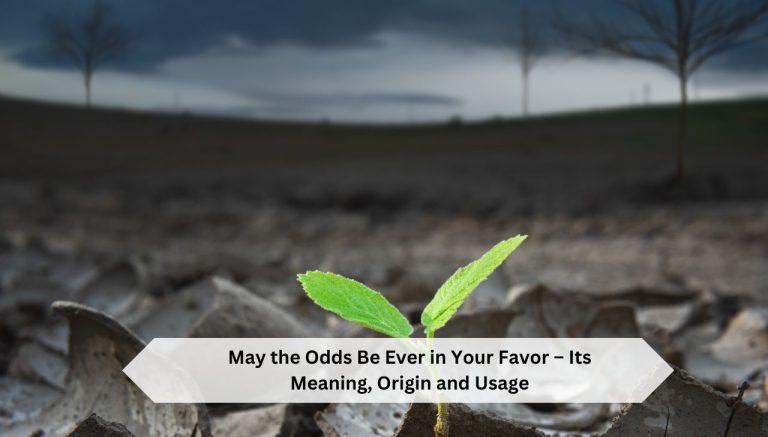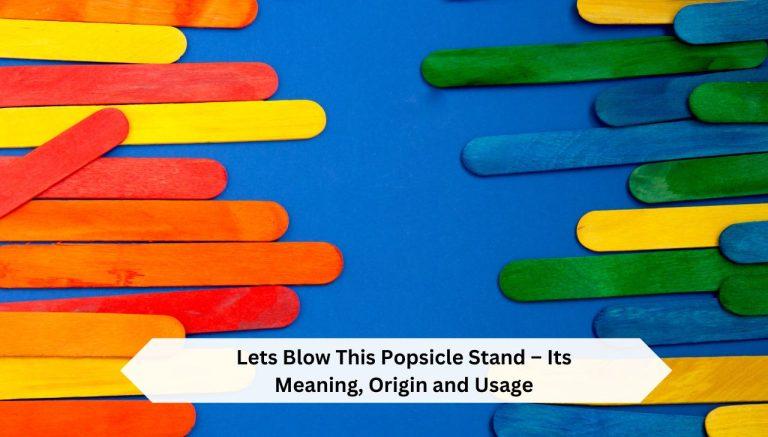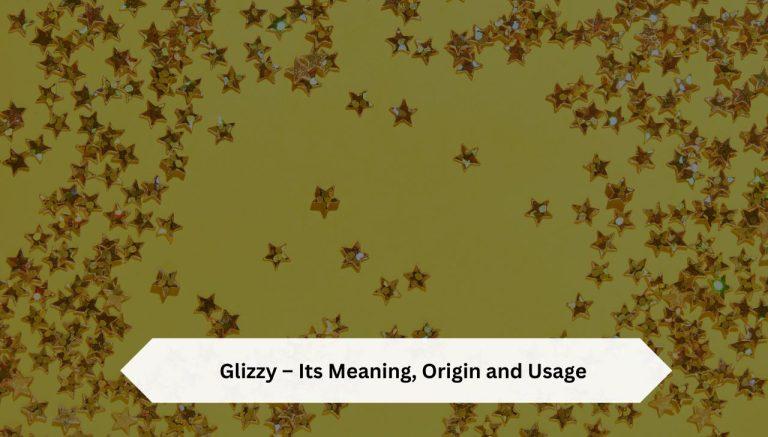10 Creative Ways to Say “Welcome Back”
Reunions are special moments. They bring people together after time apart, rekindling connections and sparking joy. The classic “welcome back” feels a bit stale. Welcome back to a world of fresh, engaging ways to greet returning friends, family, and colleagues!
In this guide, I’ll share fun and creative ways to greet returning friends, family, and coworkers. Spice up those greetings and make everyone feel special when they return.
Is “Welcome Back” Still Professional?
Is saying “welcome back” professional? The short answer is yes. A simple “welcome back” is fine in most work settings. It’s clear, friendly, and gets the job done.
But why settle for “fine” when you can make a real impact? By using more creative greetings, you show extra thought and care. This can boost morale and strengthen relationships, whether you’re a team leader, teacher, or caring colleague.
Keep it professional but warm. Melanie Zanona, a communication expert, suggests that greetings like “Great to have you back on the team” or “Welcome back! We’re excited to have your input on this new project” work well.
Why Mix Up Your Welcome Back Greetings?
We all know how nice it feels to be welcomed back after time away. But using the same old “welcome back” can get stale. By mixing things up, you can:
- Show you care
- Make the person feel extra special
- Add some fun to the reunion
- Set a positive tone for their return
Come and jump into some fresh ways to say “welcome back” that’ll put a smile on anyone’s face!
1. Great to see you again!

This simple phrase packs a punch. It’s warm, friendly, and works in almost any setting. Here’s why it’s great:
- It’s personal: You’re not just welcoming them back, you’re happy to see them
- It’s versatile: Works for friends, family, or coworkers
- It’s genuine: Shows real excitement for their return
How to use it:
- “Great to see you again, Tom! The office hasn’t been the same without you.”
- “Great to see you again, sweetie! I missed that smile while you were at camp.”
2. So nice to have you here again
This phrase is a bit more formal but still warm and welcoming. It’s perfect for:
- Professional settings
- Welcoming back long-term guests
- Greeting older relatives
Why it works:
- Shows you value their presence
- Implies they were missed
- It has a touch of elegance
Examples:
- “So nice to have you here again, Mrs. Johnson. Your expertise is invaluable to our team.”
- “So nice to have you here again, Grandpa. The holidays just weren’t the same without you.”
3. I’m happy you returned
This one’s all about honesty and simplicity. It’s a straightforward way to show you’re glad someone’s back. The person is important and you are thank full for making this happen. Use it when:
- You want to express genuine emotion
- The return is meaningful to you personally
- You’re reuniting after a long time apart
Why it’s effective:
- Direct and sincere
- Shows personal investment in their return
- It can be very touching in the proper context
How to say it:
- “I’m happy you returned safely from your trip, Sarah. Things weren’t the same without you.”
- “I’m happy you returned to our team, Alex. Your skills were sorely missed.”
4. Welcome home!
Nothing beats a classic. “Welcome home” is perfect for:
- Family members returning from trips
- College students coming back for breaks
- Anyone returning to a place they belong
What makes it special:
- Implies a sense of belonging
- It can be very emotional and heartwarming
- Works for both short and long absences
Put it into action:
- “Welcome home, honey! I’ve got your favorite meal ready.”
- “Welcome home, champ! We’re so proud of how you did at the tournament.”
5. Glad you’re back

Short, sweet, and to the point. This phrase works well when:
- You want to keep things casual
- There’s not much time for an extended greeting
- You’re welcoming back a regular (like a frequent customer)
Why it works:
- Easy to say and remember
- Sounds natural and unforced
- This can be said with genuine enthusiasm
Examples:
- “Glad you’re back, Pete! Coffee, black, two sugars coming right up!”
- “Glad you’re back on your feet, Lisa. We missed you at yoga class.”
6. Nice of you to join us again
This phrase has a touch of playful formality. It’s great for:
- Lighthearted workplace greetings
- Welcoming someone back to a group or club
- Greeting a friend who’s been “missing in action”
What sets it apart:
- It has a bit of humor to it
- This can be said with a wink and a smile
- Works well in group settings
How to use it:
- “Nice of you to join us again, Mark. We were starting to forget what you looked like!”
- “Nice of you to join us again, sleepyhead. Late night?”
7. Thanks for coming back

A return calls for gratitude. Use this when:
- Someone’s return is beneficial
- You want to show you value their presence
- The person had a choice about returning
Why it’s impactful:
- Shows appreciation
- Acknowledges their decision to return
- It can make the person feel valued
Put it into words:
- “Thanks for coming back to help with the project, Jen. Your expertise is just what we needed.”
- “Thanks for coming back to volunteer with us, Tom. The kids missed you.”
8. Welcome to round two!
Add some energy and excitement with this sporty phrase. It’s perfect for:
- Starting a new school year or semester
- Beginning another phase of a project
- Welcoming someone back to a challenge or competition
What makes it fun:
- Adds a sense of excitement
- Implies continuation and progress
- It has a positive, forward-looking vibe
Examples:
- “Welcome to round two of sophomore year, class! Let’s make it even better than round one.”
- “Welcome to round two of our fitness challenge, team! Ready to crush some goals?”
9. We’ve missed you!
Honesty is the best policy. This heartfelt phrase works well when:
- The absence was long or difficult
- You’re speaking for a group
- You want to show how much the person means to you or the team
Why it’s influential:
- Expresses genuine emotion
- It makes the person feel valued
- Can strengthen bonds and relationships
How to say it:
- “We’ve missed you around the office, Pam! It’s great to have your energy back.”
- “We’ve missed you at game night, buddy! It hasn’t been the same without your bad jokes.”
10. How was your time away?

End our list with a phrase that opens up the conversation. It’s great for:
- Showing interest in the person’s experiences
- Easing into a catch-up session
- Making the return feel more personal
What sets it apart:
- Invites the person to share
- Shows you care about their time away
- This can lead to interesting conversations
Put it into action:
- “How was your time away, Chris? I bet you have some great stories from your travels.”
- “How was your time away from the project, Ava? Did you come up with any new ideas?”
Making Your Welcome Back Special

Now that we’ve covered some fresh alternatives to “welcome back”, let’s talk about how to make your greeting even more meaningful:
- Be genuine: Say any phrase you choose with a natural feeling. People can tell when you’re just going through the motions.
- Use body language: A warm smile, open posture, or even a hug (if appropriate) can amplify your verbal welcome.
- Follow up: After your initial greeting, show interest in the person’s time away. Ask questions and listen actively.
- Offer help: If someone has been gone a while, they might need to catch up. Offer your assistance if necessary.
- Respect boundaries: While enthusiasm is great, remember that some people might need time to readjust. Don’t overwhelm them.
Welcoming Back in Different Settings
The perfect “welcome back” can vary depending on the situation. Here are some tips for specific scenarios:
At Work
Keep it professional but warm. “Great to have you back on the team” or “Welcome back! We’re excited to have your input on this new project” work well.
In Education
For teachers welcoming students: “Welcome back, class! I can’t wait to see what we’ll learn together this year.” For students greeting a teacher: “It’s good to see you again, Mrs. Johnson! We missed your awesome science experiments.”
Among Friends
You can be more casual and playful. “Look what the cat dragged in!” or “The prodigal friend returns!” can work if it fits your friendship dynamic.
Family Reunions
Emotion is welcome here. “Welcome home, sweetie. It hasn’t been the same without you,” or a simple, heartfelt “We’ve missed you so much” can mean the world.
The Power of a Warm Welcome
A thoughtful “welcome back” does more than acknowledge someone’s return. It can:
- Boost morale and make people feel valued.
- Ease the transition back into a routine.
- Strengthen relationships and build community.
- Set a positive tone for future interactions.
Putting a little extra thought into your greeting means you’re not just saying “welcome back” – you’re saying “you matter, and we’re glad you’re here.”
Conclusion
There you have it – ten fresh ways to say “welcome back” to make anyone feel special. The key is to be genuine, match your tone to the situation, and show you care about the person’s return.
No matter you’re greeting a coworker, family member, or old friend, these phrases will help you create a warm and memorable welcome. So go ahead and try them out! Your enthusiasm might be the highlight of someone’s return.
FAQs
What is a fancy way to say your welcome?
A more sophisticated way to express gratitude is to say, “You’re most welcome.” This conveys a higher level of appreciation and acknowledgment.
What do you say instead of welcome?
Alternative phrases to express gratitude include “no problem,” “my pleasure,” and “don’t mention it.” These options convey a sense of ease and informality.
What is the return word for welcome?
The appropriate response to “welcome” is “thank you.” This word is universally used to express gratitude and appreciation for kindness or assistance.







